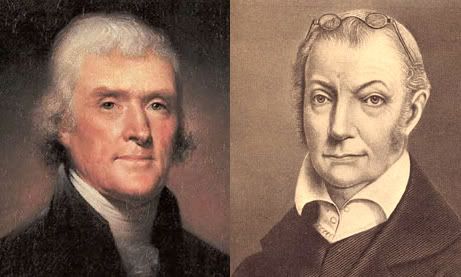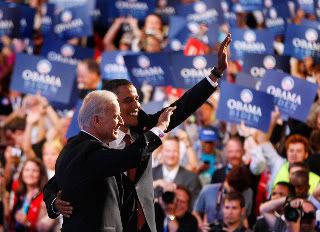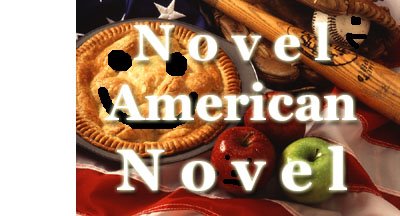A Dream Undeferred
On February 17, 1801, Thomas Jefferson, a Democratic-Republican, defeated John Adams, a Federalist, to become the third president of the United States. Adams had ran as the incumbent, and with his loss, partisan control of the executive branch shifted for the first time in the young republic's history.
Those eligible for suffrage had begun voting in April of 1800, eleven months before the president-elect was announced. The delay was due both to a seven-month polling period, which allowed for the distances voters traveled to state-run centers, as well as a flaw in the Constitution, which had been previously unexposed.
When the initial counts were tallied, Jefferson and his vice-presidential candidate, Aaron Burr, had received an equal number of Electoral Votes.
Lured by power, Burr refused to withdraw, and the task of selection fell to the House of Representatives. Their first ballot resulted in a tie, and over the course of a week, so did the following thirty-four.
According to one spectator, "The scene was now ludicrous. Many had sent home for night-caps and pillows, and wrapped in shawls and great-coats, lay about the floor of the committee-rooms, or sat sleeping in their seats. At one, two, and half-past two, the tellers roused the members from their slumbers, and took the same ballot as before.""
During round thirty-six, Federalist James A. Bayard from Delaware chose to break the partisan deadlock and cast his lot with Jefferson, effectively selecting Adams's successor. Acknowledging the alliance, Jefferson reminded Americans in his first inaugural address, "We are all federalists; we are all republicans."
At the 2004 Democratic National Convention, a junior senator from Illinois named Barack Obama expressed similar themes in his keynote address.
"There's not a liberal America and a conservative America; there's the United States of America," intoned Senator Obama. "There's not a black America and white America and Latino America and Asian America; there's the United States of America."
Last night at the Driskill Hotel --- the cattle baron lodge where LBJ and Lady Bird had their first date --- I drank several beers, ran into some friends, and watched the networks announce Barack Obama as the forty-fourth president of the United States. With his nomination, federal power transferred from the Republicans to the Democrats, and George W. Bush officially became a lame-duck president.
After the announcement, my fellow revelers began yelling "Yes we can!" and high-fiving. Others hugged each other, or took photos, or sent text messages. The victors that were in cars honked, while the victors that were in bars drank. Supporters of John McCain refrained from rioting, and the final tallies were uncontested.
When Thomas Jefferson was elected president, the transfer of power was referred to as the Peaceful Revolution, as it was unaccompanied by bloodshed or revolt. Five score and eight years later, Barack Obama was elected president during the Peaceful Revolution's modern equivalent. Ordinary citizens simply seized their rights and exercised their powers of decision, and the result was a referendum of democracy itself.
Can I get some change with that?

|